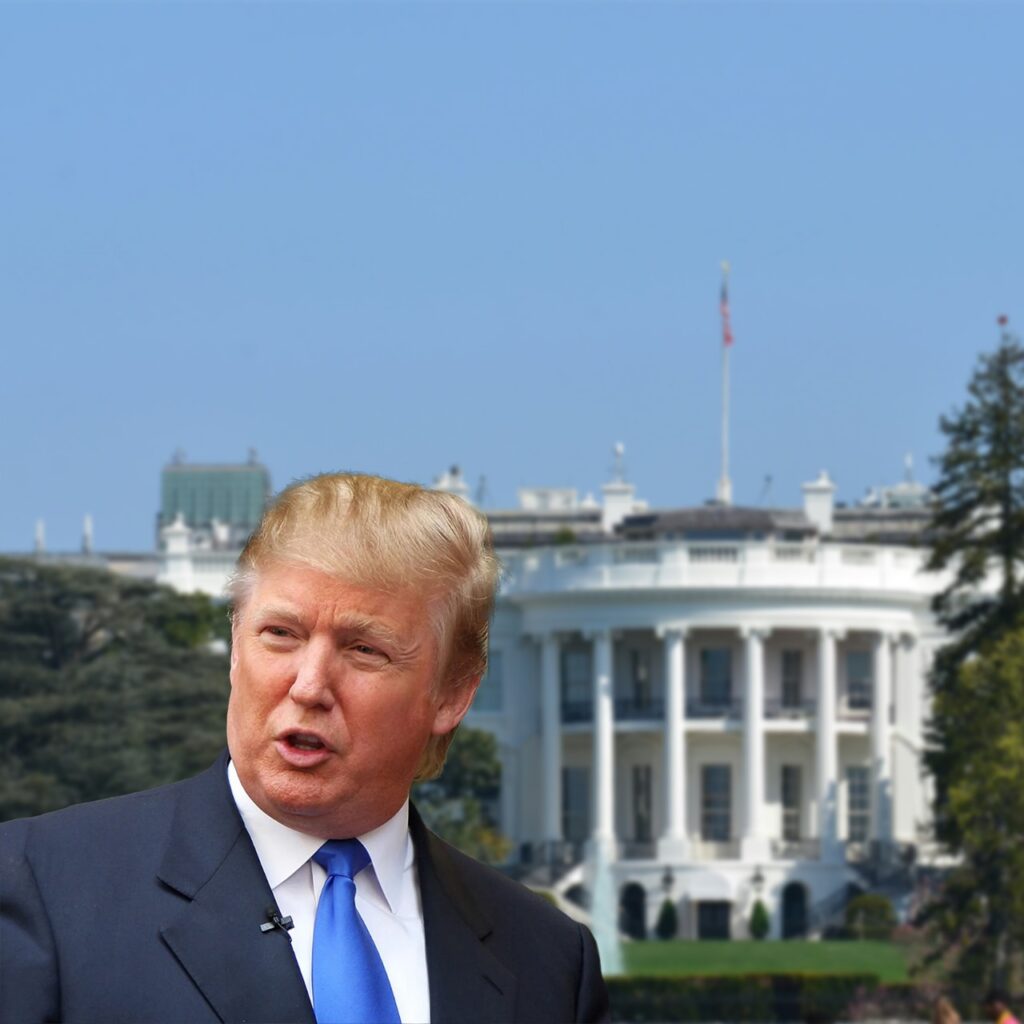Donald Trump’s connection with India has been characterized by a blend of diplomacy, personal business pursuits, and political tactics. During his time as the 45th President of the United States (2017–2021), Trump regarded India as an essential ally in his administration’s Indo-Pacific strategy designed to counter China’s influence. His strategy regarding India differed from those of earlier U.S. presidents, as it merged a personal connection with Indian Prime Minister Narendra Modi with a transactional perspective centered on trade, defense, and investment. Trump’s trip to India in February 2020 marks a key moment in India–U.S. relations, representing the enhancement of bilateral connections despite challenging matters like trade tariffs and immigration policies.
Trump’s 2020 state visit, named “Namaste Trump,” received extensive media coverage and was widely watched around the world. It showcased a large gathering held at the freshly updated Motera Stadium in Ahmedabad, Gujarat, attracting more than 100,000 attendees. The occasion resembled the 2019 “Howdy Modi” rally that took place in Houston, Texas, where Modi had earlier supported Trump during the U.S. presidential elections. These impressive public displays highlighted a deep personal bond between the two leaders and acted as symbolic acts of solidarity between the two democracies. While in India, Trump commended the nation’s culture, economic development, and strategic significance, while also emphasizing U.S. involvement in technology, defense, and energy collaboration with India
Trade continued to be a difficult element of Trump’s policy towards India. His administration revoked India’s preferential trade status under the Generalized System of Preferences (GSP) in 2019, citing insufficient reciprocal access to the U.S. market for goods. This action impacted billions of dollars in Indian exports and caused a brief tension in trade discussions. Despite this, defense and strategic collaboration between the two nations intensified. During Trump’s presidency, India entered into several defense pacts, including the Basic Exchange and Cooperation Agreement (BECA), which improved military cooperation and intelligence sharing. The U.S. backed India’s position on border security, especially during India’s confrontation with China in Ladakh in 2020.
Aside from politics, Trump has personal business interests in India, mainly through the Trump Organization, which is engaged in various luxury real estate developments in cities such as Mumbai, Pune, and Gurgaon. These enterprises, while legally distinct throughout his presidency, have maintained the Trump brand’s visibility in India’s real estate sector. Trump’s brand has drawn affluent Indian purchasers looking for high-end living linked to an international name, demonstrating his reach beyond political realms into the business world.
Trump continues to hold a significant support base among Indian-Americans, a politically powerful group in the United States. In his 2020 reelection campaign, Trump actively pursued the Indian-American vote by highlighting his friendship with Modi and initiatives that favored India. Even though he eventually lost the election, his political approach illustrated the increasing significance of the Indian diaspora in American politics.

